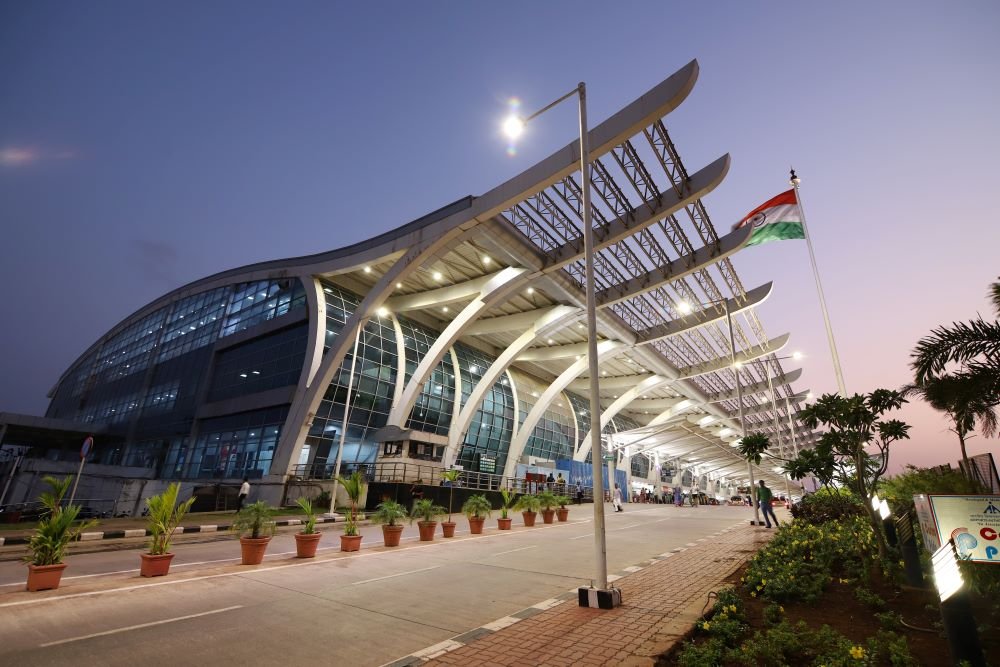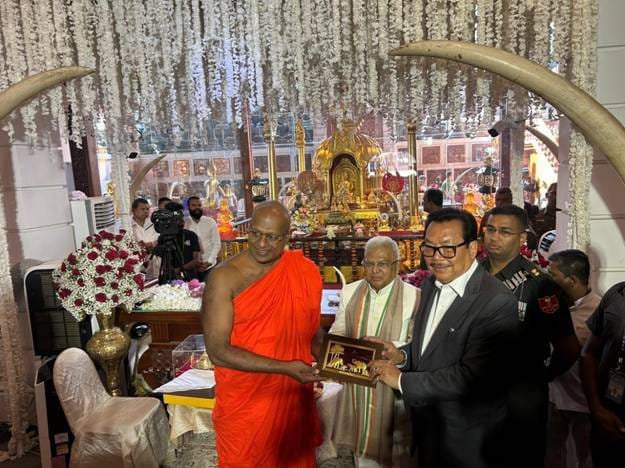“The Temporary Skilled Migration Income Threshold was frozen for a decade by the former Liberal Government, including the six years where Peter Dutton was Minister. This is not fair for migrant workers and it is not fair for Australian workers.”
— Andrew Giles, Australian Minister for Immigration, Citizenship and Multicultural Affairs
Australia’s Minister for Home Affairs, Clare O’Neil, last week announced that as of July 1, 2023, the Temporary Skilled Migration Income Threshold (TSMIT) will be increasing from $53,900 to $70,000.
As a result, employers seeking to sponsor overseas workers will have to offer them at least $70,000 in salary plus superannuation, reported sbs.com.au.
The Australian Minister for Immigration, Citizenship and Multicultural Affairs, Andrew Giles, said: “The Temporary Skilled Migration Income Threshold was frozen for a decade by the former Liberal Government, including the six years where Peter Dutton was Minister. This is not fair for migrant workers and it is not fair for Australian workers.”
Frozen since 2013, around 90 per cent of all full-time jobs in Australia are now paid more than the current TSMIT, undermining Australia’s skilled migration system, the government’s official statement pointed out.
“The new $70,000 income threshold is approximately where the TSMIT should have been if it had been properly indexed over the previous 10 years,” it said adding that this is the government’s first action in response to the independent Review of the Migration System led by Dr Martin Parkinson, which found that Australia’s migration system is “broken”.
Even though the recent announcement is expected to fix the migration system, Indian restaurant owners have expressed frustration, saying hiring skilled labour on higher wages will ultimately increase their operating costs.
“The restaurant business is already under intense pressure after COVID. We have a labour shortage and inflation has cut footfall (number of diners) by at least 20 per cent,” said Sunita Kumar, owner of Canberra’s Dana restaurant.
She asked: “Where are we going to find $16,000 more if we want to hire a skilled chef for our restaurant?” She said Dana, a top fine dining Indian restaurant that recently won an award for best Indian restaurant, will face a greater problem should its prices rise.
“Our prices are already high as compared to other restaurants around the country, so we can’t increase them further. But these add-on costs are ultimately passed on to customers,” she said.
Sumit Malhotra, who has been in the catering industry for the past 20 years and owns eight restaurants across Melbourne, echoes similar sentiments.
“I don’t see any merit in this reform. This will actually further damage all kinds of small businesses and it will be harder for us post-COVID,” Mr Sumit, who has hired chefs and cooks from India in the past, told SBS Hindi.
“Government should actually see us (through) a different lens. They should create a new visa category under which we can bring overseas specialised chefs and cooks for training local staff for at least a year,” he added.
“While many temporary skilled migrants earn considerably above the threshold, there has been a drift towards lower average wages, particularly in the TSS. Nearly all stakeholders support an increase in the TSMIT, with many suggesting a level between $70,000 and $90,000, a significant increase from today.”
— Report
“The pool of workers for our sector has become much smaller post-COVID as people who used to work in restaurants have shifted to new jobs. We have to start from scratch as almost all fresh candidates are new to the industry (and) need proper training,” he said.
According to Restaurant and Catering Industry Association of Australia CEO Suresh Manickam small restaurants and family cafes will be the worst affected by this change.
“Specifically, Indian restaurants who rely on skilled migration to provide an authentic dining experience will be disproportionately impacted and reduce the employment opportunities available,” he pointed out.
“From 1 July, the TSMIT changes along with the forced underemployment of international student visa holders to only 24 hours per week will exacerbate the labour shortage especially in Indian Restaurants,” he said adding that R&CA has launched a petition regarding the same.
Indian-born chef, Daman Shrivastava, however, felt differently and said he believed the reform will bring in skilled workers from abroad.
“If a restaurant is able to hire from skilled labour from overseas or locally available then obviously its business is running fine. So another $16000 will not make a big difference to the business,” he commented.
“It will also attract people trained in the hotel industry who will see it as a better paying job,” he added.
The final report of the ‘Review of the Migration System’ released recently found that the TSMIT had been too low, and did not protect migrant workers from underpayment or protect lower-paid local workers from international competition.
“While many temporary skilled migrants earn considerably above the threshold, there has been a drift towards lower average wages, particularly in the TSS. Nearly all stakeholders support an increase in the TSMIT, with many suggesting a level between $70,000 and $90,000, a significant increase from today,” the report said.
The report further noted that Australia already has a large migrant workforce engaged in lower-paid work.
“However, Australia has a large migrant workforce outside of these explicit programs. Some 1. 8 million temporary visa holders are entitled to work in Australia, including 456,000 students, 112,000 working holiday makers, 666,000 New Zealand citizens and 204,000 Bridging visa holders as at December 31, 2022,” the report added.
***********************************************************
Readers
These are extraordinary times. All of us have to rely on high-impact, trustworthy journalism. And this is especially true of the Indian Diaspora. Members of the Indian community overseas cannot be fed with inaccurate news.
Pravasi Samwad is a venture that has no shareholders. It is the result of an impassioned initiative of a handful of Indian journalists spread around the world. We have taken the small step forward with the pledge to provide news with accuracy, free from political and commercial influence. Our aim is to keep you, our readers, informed about developments at ‘home’ and across the world that affect you.
Please help us to keep our journalism independent and free.
In these difficult times, to run a news website requires finances. While every contribution, big or small, will makes a difference, we request our readers to put us in touch with advertisers worldwide. It will be a great help.
For more information: pravasisamwad00@gmail.com








